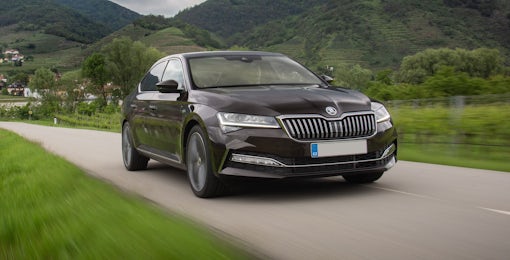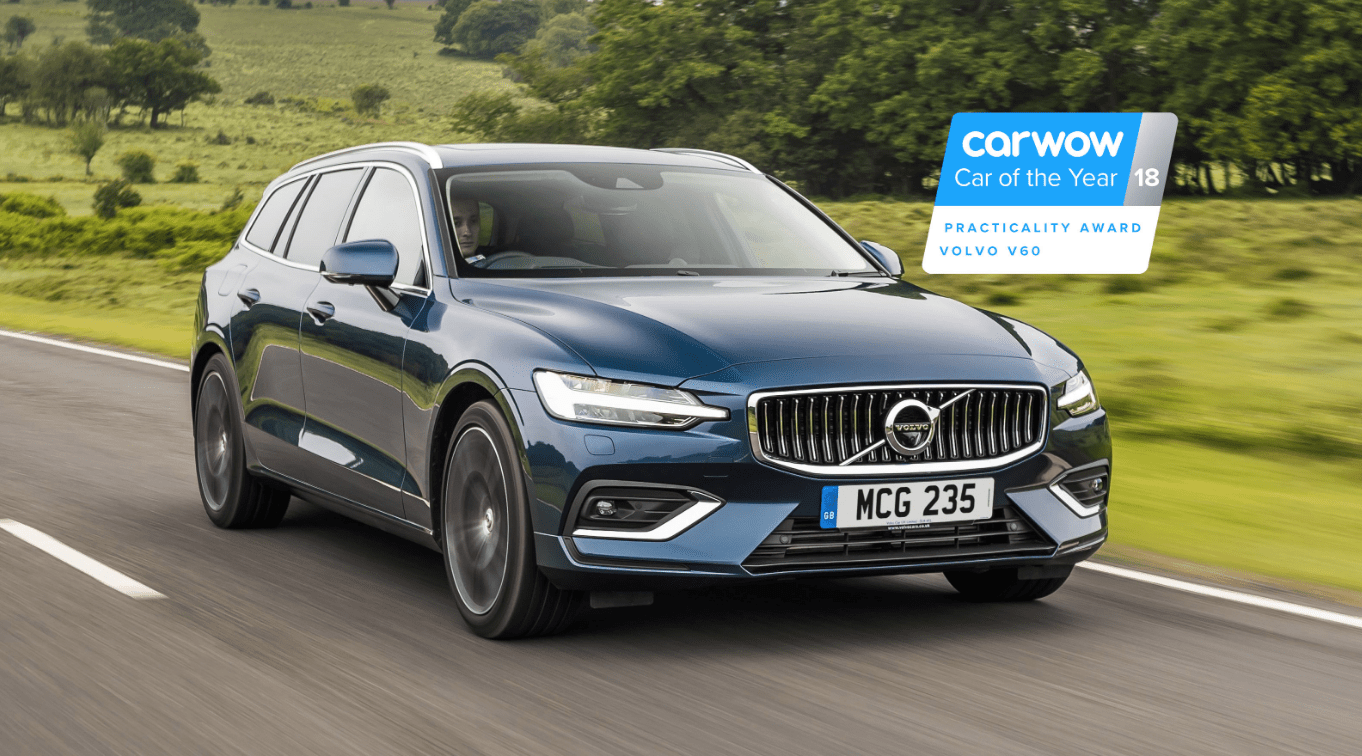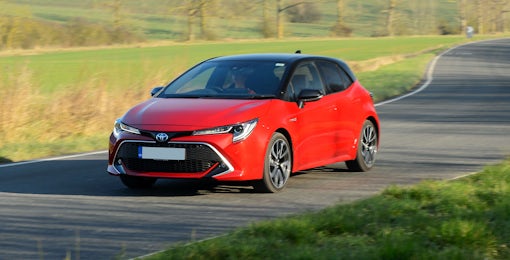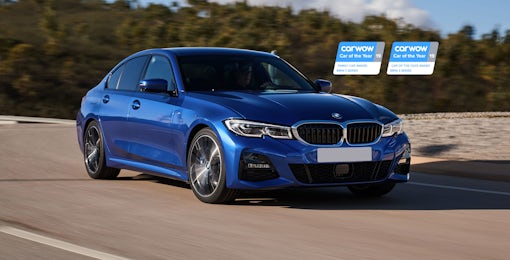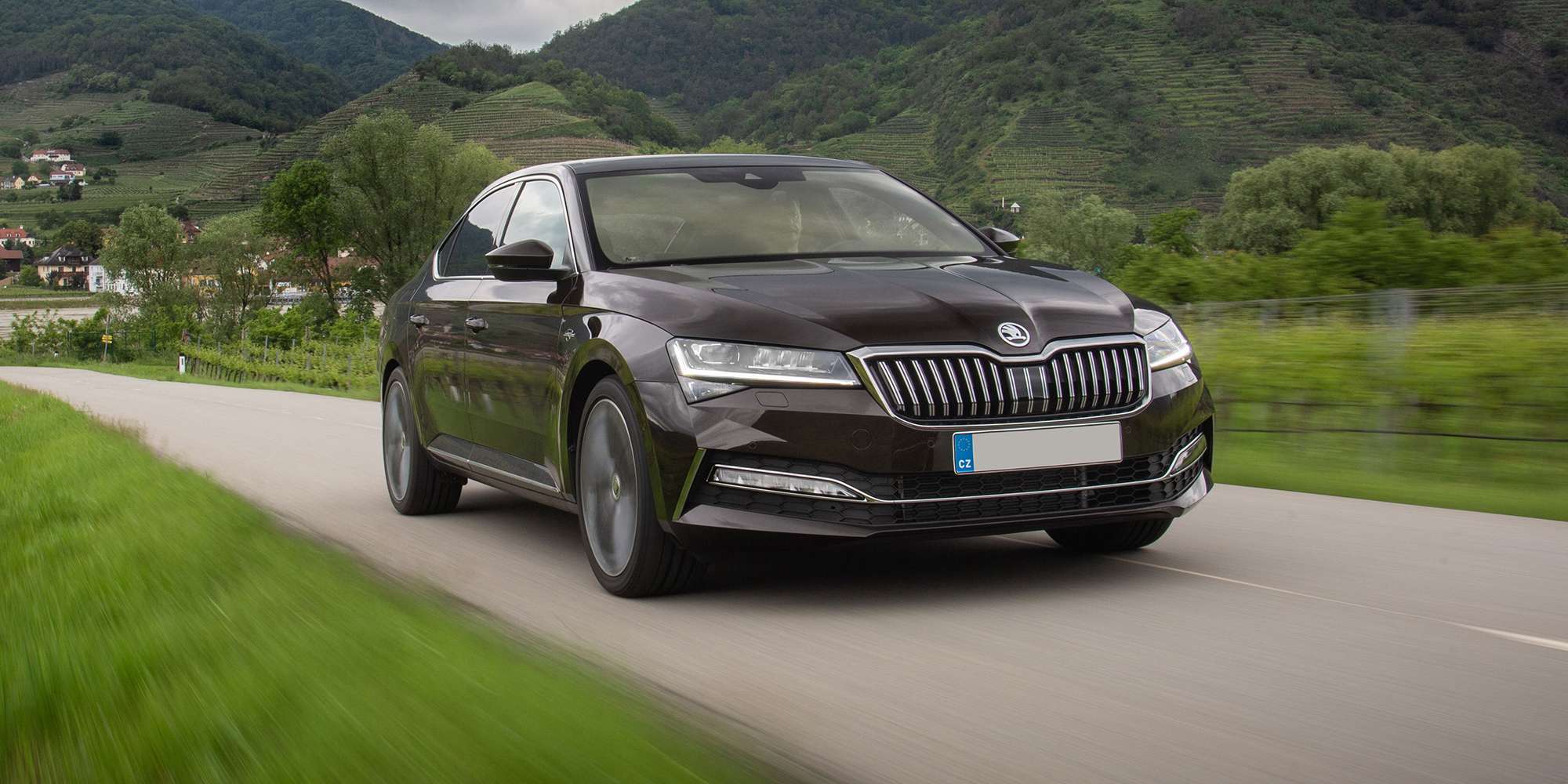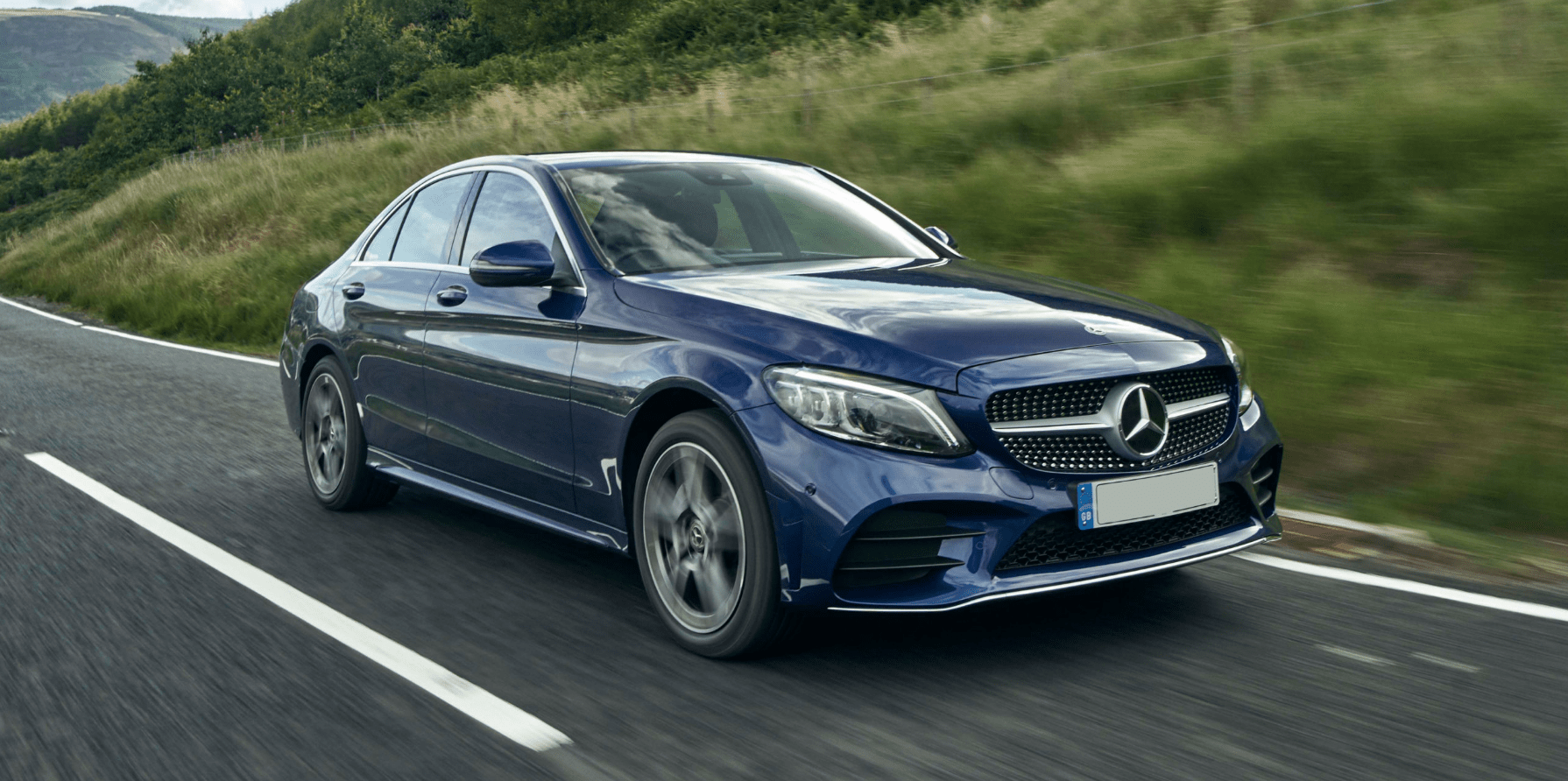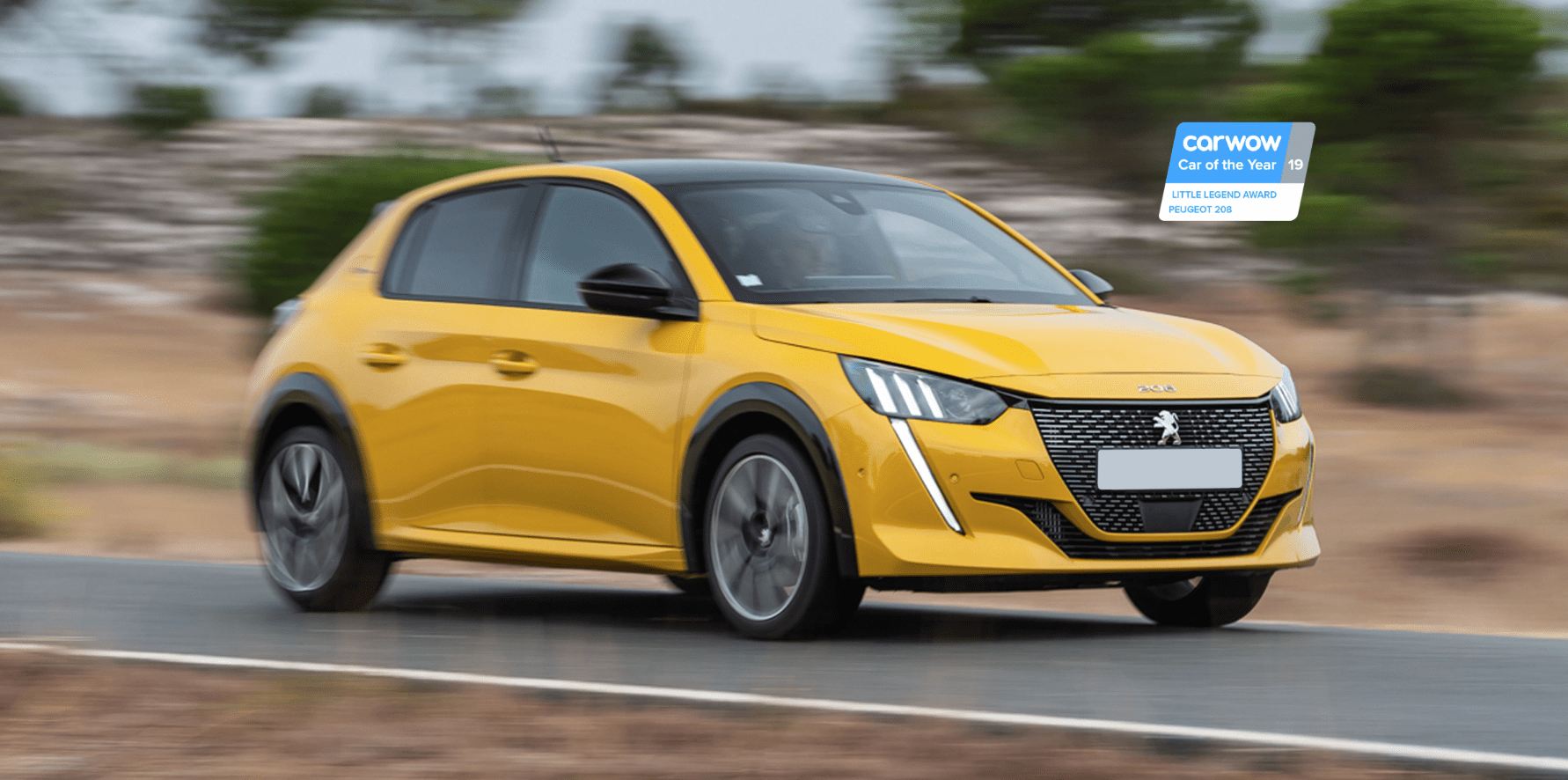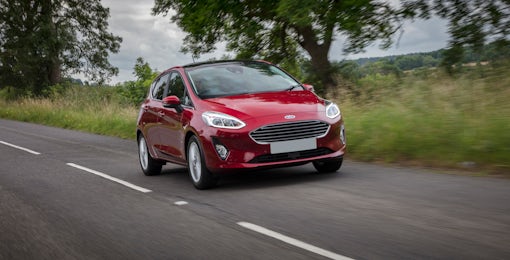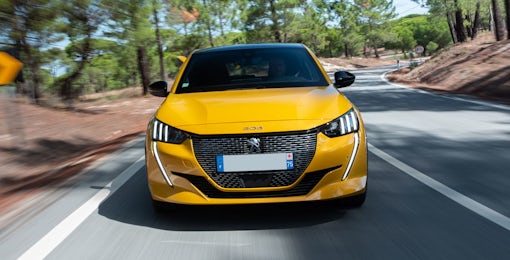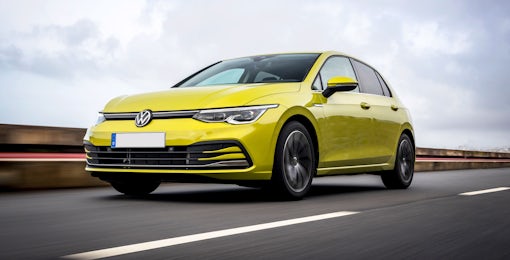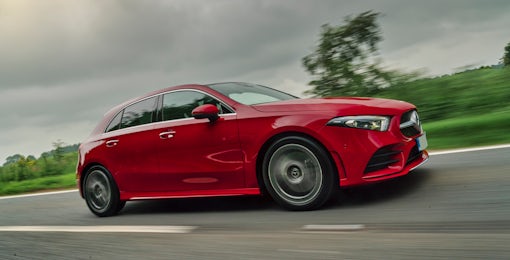Despite cars getting ever-more economical, getting good fuel economy is still one of the top concerns for drivers today.
Taking into account that some journeys are always going to be worse for fuel economy than others – you’ll never get particularly high figures stuck in London traffic, for example – there are still things you can do to add a few more mpg to your tally.
Read through the tips below to see what you can do to save some money on fuel and make every journey just a little more economical.
Plan ahead
Getting stuck in traffic is always frustrating but it’s even more frustrating when you’re needlessly burning fuel at the same time. You can minimise wasting fuel by planning ahead. Whether you’re driving to work or taking a long journey on holiday, don’t just rely on your sat-nav – take a look at a map beforehand so you can skip onto a different route should yours become clogged. Keeping moving is more time-efficient, and good for mpg too. The Waze app (available for Android and Apple smartphones) is good at showing tailbacks and suggesting alternative routes.
Set off early
Even the best-laid plans can fall through sometimes, but giving yourself more time at the start of a trip means you’ll have less to make up if you’re delayed along the way. Regular motorway drivers will know how easy it is to lose well over an hour to unforeseen traffic jams. If you set off earlier, you may miss the traffic entirely, or at least make sure you don’t need to drive too quickly later, burning more fuel. Getting stressed because of delays is a natural human reaction, and stressed-out driving is never going to be economical driving.
Pump up your tyres
Keeping your tyres in good condition and inflated to the correct pressure is vital – let them deflate too much and they’ll affect ride and handling, dry- and wet-weather grip, and potentially cause overheating that can lead to blowouts. That’s not all – an under-inflated tyre also creates more drag, harming your fuel economy. Want to know the ideal pressure? It’s usually printed on a label inside one of the front door apertures. Depending on where your car was made, you may need to convert the listed pressure from bar to pounds per square inch (PSI).
Keep your car serviced
The phrase “a well-oiled machine” exists for a reason – machines work much better when they’re in tip-top shape. Overlook maintenance and your engine, gearbox, suspension and other components will suffer. With poor alignment, or greater friction in the engine from lack of proper lubrication, you have to work your car harder to make progress, and fuel economy drops. Not to mention the increased risk of breaking down. Technically speaking if you’re not moving then you’re getting zero miles per gallon…
Read the road
Do you find yourself braking sharply for every traffic light? Chances are you’ve not read the road situation, and it’s affecting your fuel economy. If you’re approaching a green light at quite a distance, chances are it’ll go red before you reach it – so why not back off the accelerator early and save some fuel? Same applies when leaving a motorway on a slip road – you’ll have to stop at the top anyway, so why accelerate hard from behind that truck? Always think about what the road ahead might mean for your progress, and drive accordingly.
Anticipate traffic
This is an extension of reading the road. If you find yourself stopping at a roundabout even when there’s nothing coming around, you’ve not been looking far enough ahead. Watch what other road users are doing, and you’ll find you don’t need to vary your speed as much. Cruising along steadily is great for economy, but constantly slowing down and having to speed up again is not.
Drive smoothly
Another extension of the above. Economical driving doesn’t have to mean driving slowly, it just means appropriate use of acceleration and braking. If you can conserve momentum (in safety) then you won’t just see the benefits in fuel use; your passengers will thank you for the smoother ride. Treat the pedals and the wheel as analog instruments, rather than on-off switches. Note: brake when you have to – taking that mini roundabout at 60mph isn’t smooth driving.
Watch your speed
It should come as no surprise that higher speeds mean using more fuel. Particularly at motorway velocities, more speed means more aerodynamic drag. In our years of testing cars we’ve noticed it’s not uncommon to see a 10 mpg difference in economy between 70mph and 80mph. You may find travelling a little slower less stressful too, because getting stuck behind slower traffic means you slow less than if you were bombing along quickly – beat the traffic jam using psychology!
Use cruise!
One way of improving your economy on the motorway is to use cruise control. A skilled driver can actually make be even more economical without it, but for most drivers it’s a way of preventing yourself creeping over speed limits and with cruise control’s smooth throttle inputs, economy can improve too.
Buy a more fuel-efficient car…
Not an option for everyone of course, but it’s worth pointing out that the economy of cars is improving all the time. You might be surprised how fuel-efficient the latest version of the car you’re already driving is, or what alternatives are available from other manufacturers. Volkswagen, Peugeot, Renault, Citroen and more all offer cars that, on paper at least, have mpg figures in the high 80s and low 90s. Driven using some of the tips above, you could see a five, ten, or even twenty mpg boost over your current vehicle. And what’s that worth over the course of a car’s lifetime?
